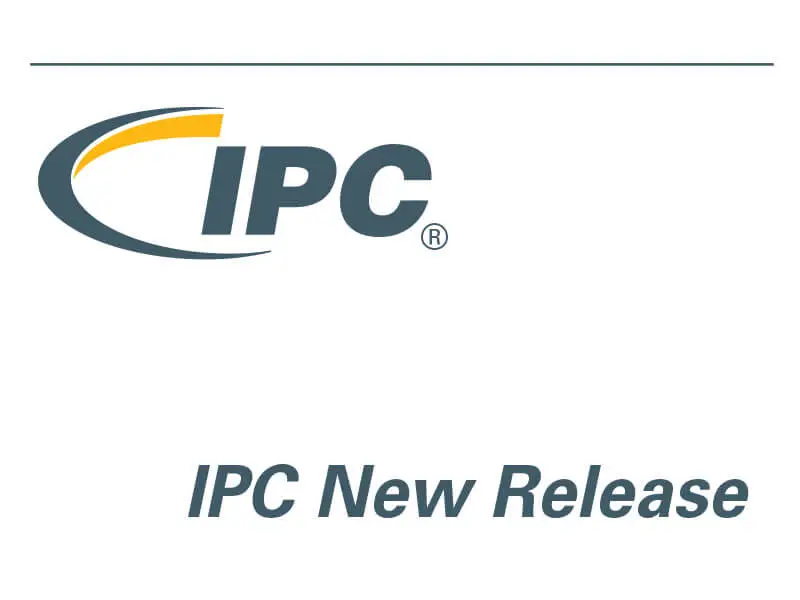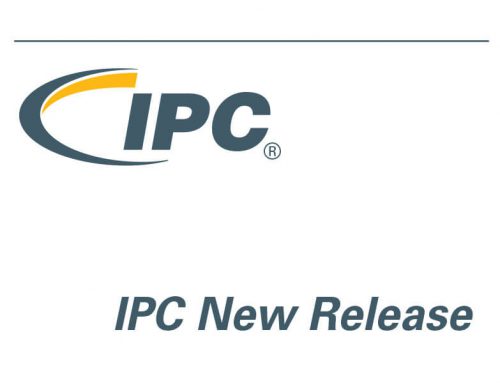IPC-J-STD-002E prescribes test methods, defect definitions, acceptance criteria, and illustrations for assessing the solderability of electronic component leads, terminations, solid wires, stranded wires, lugs, and tabs. The IPC-J-STD-002E standard also includes a test method for the resistance to dissolution/dewetting of metallization.
EIA/IPC/JEDEC J-STD-002E – Solderability Tests for Component Leads, Terminations, Lugs, Terminals and Wires
IPC-J-STD-002E is intended for use by both supplier and user. The IPC-J-STD-002E standard was developed by the following three organizations: ECIA, IPC and JEDEC. Released November 2017.
1.1 Scope This standard prescribes test methods, defect definitions, acceptance criteria, and illustrations for assessing the solderability of electronic component leads, terminations, solid wires, stranded wires, lugs, and tabs. This standard also includes a test method for the resistance to dissolution/dewetting of metallization. This standard is intended for use by both supplier and user.
1.2 Purpose Solderability evaluations are made to verify that the solderability of component leads and terminations meets the requirements established in this standard and to determine that storage has had no adverse effect on the ability to solder components to an interconnecting substrate. Determination of solderability can be made at the time of manufacture, at receipt of the components by the user, or just before assembly and soldering.
The resistance to dissolution of metallization determination is made to verify that metallized terminations will remain intact throughout the assembly soldering processes.
“Preview the EIA/IPC/JEDEC J-STD-002E table of contents .pdf file.


